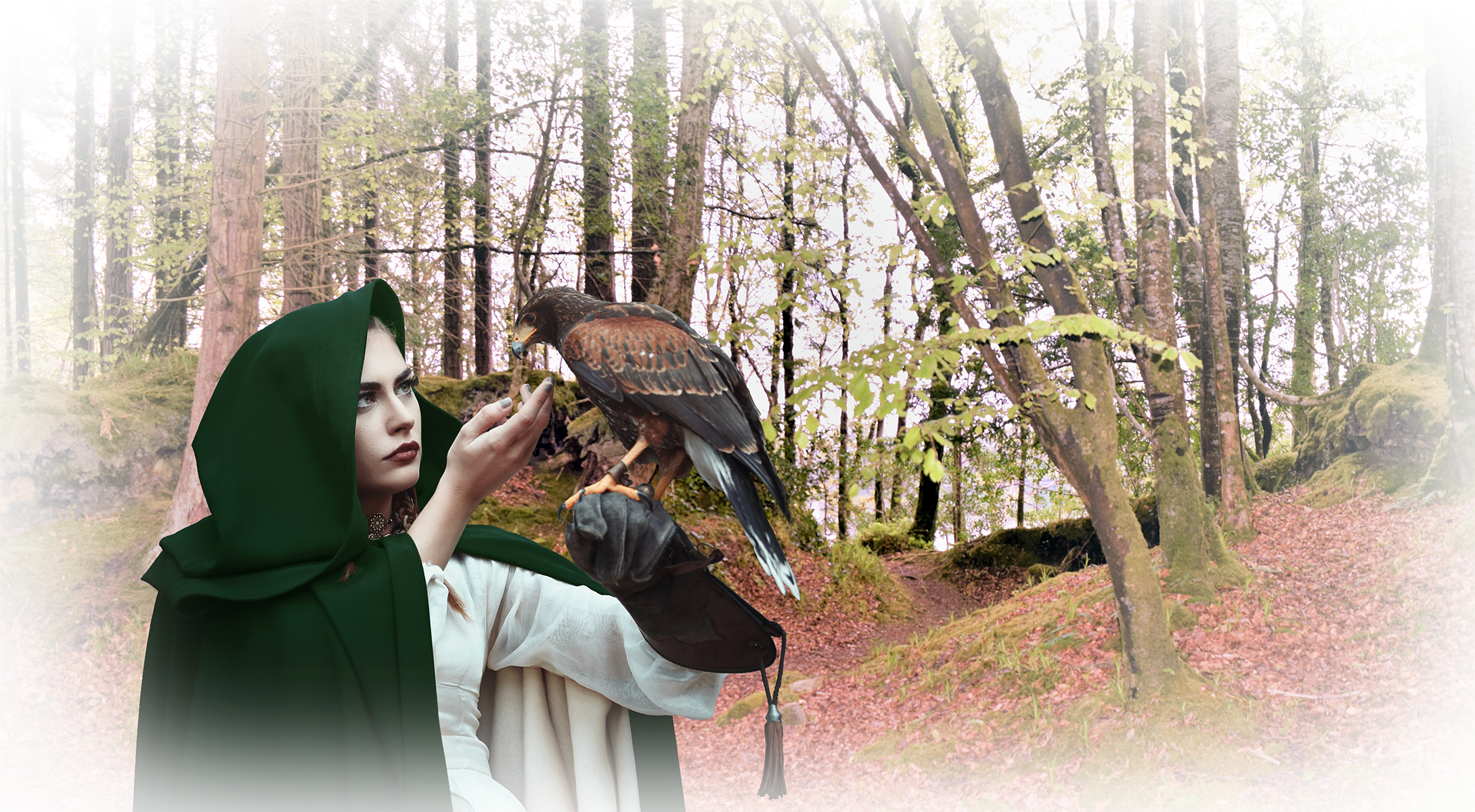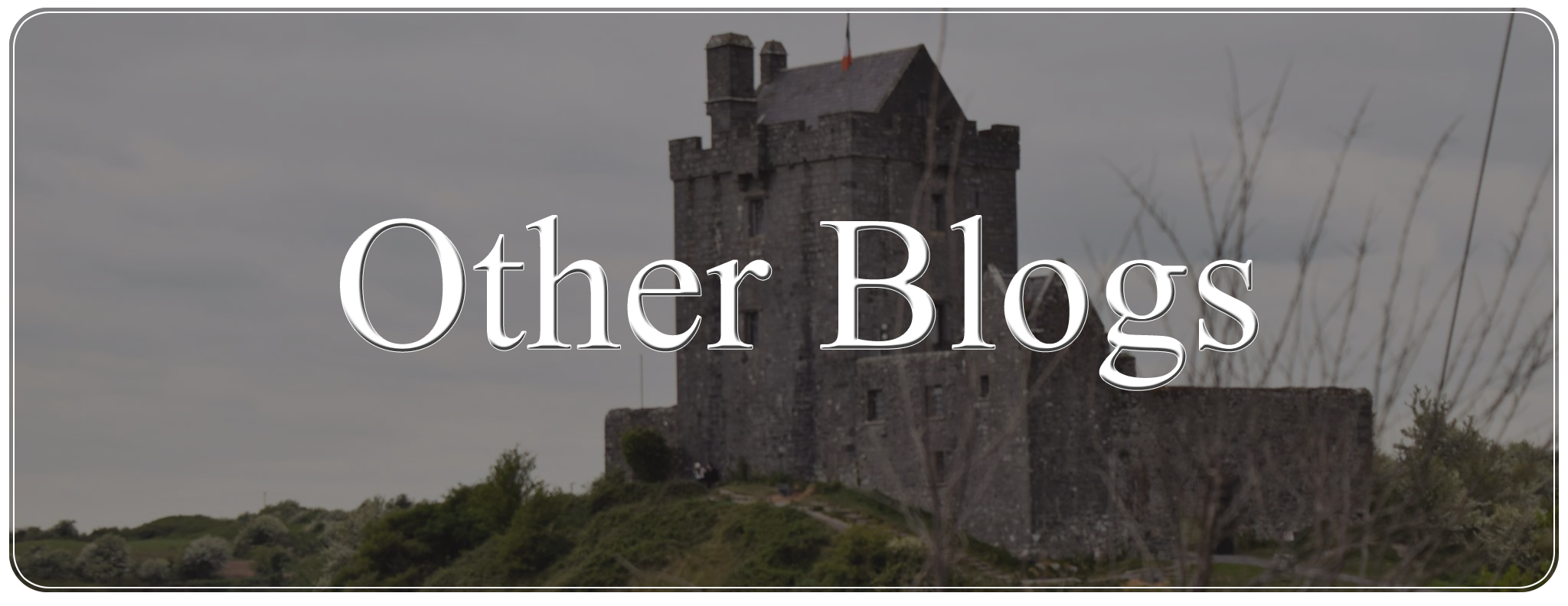Ignite the Muse
By Nyssa Baschel
Sometimes I wonder whether fiction writing is a slow form of self-induced torture. After hours of plotting and writing drafts, I hit my ‘how to write’ books to work out how to better portray the mood of a scene or show my protagonist’s less attractive traits. I might spend all night re-working my antagonist to make them more human and believable. After all, I am asking my reader to suspend plausibility enough to imagine they are on another planet in the midst of an alien civil war, or stranded in an ancient alter-reality beyond the mists of time. I need to make it easy for them by drawing interesting characters and showing these worlds through the senses to make them appear real. What I did not realise when I started writing was that the skill to pull this off takes years of research, practice and making millions of mistakes along the way.
However all is not doom and gloom. The practice of story writing is exciting. Adventures unfold before my eyes as I write them, when I—the author—didn’t even know what was about to happen. I thought that when the muse strikes, all that hard work of learning to write becomes magic. But the truth is, that way of thinking was the wrong way around.
I get out of bed at 5:30am and go to a coffee shop to write before work every week day, and 7am on weekends. I carve out the time and place and start writing. Sometimes I have mulled over my story in my sleep and know where to start; at other times I have no idea what is about to unfold. Yet I start writing anyway and soon I’m back in an alternative reality of my imagination. As my craft grows with regular practice I am able to slip into my imagination easier. The trick is not to wait for the muse to come to us, but that we can ignite her and bring to life one of the most precious gifts to mankind—the art of story writing.
When I connect with the muse I look to my ancestors, the Gaelic clans of Scotland and Ireland, and learn from bards who were true masters of storytelling. And I look to other authors who have succeeded at bringing their inner worlds to the masses through books and movies. With humble ambition, I learn from them and ignite the muse—from 6am to 8:30am every day. And through my commitment to the regular practice of writing I create short stories, novellas and novels worthy of my long hours of effort.
Sometimes, if I am really struggling to connect I draw on my practice of mindfulness and close my eyes, take a couple of deep breaths and bring my awareness into chest, centring myself in my senses. I then allow myself to imagine the setting in the scene I am about to write and step into the senses and thoughts of my character whose perspective I am about to write from. I imagine their desires and their inner conflict of what stands in their way. I imagine their feelings about the stakes they face if they fail. I breathe them in, open my eyes, and start writing.
Then there are times when even that doesn’t work. On those days I recognise I am tired or perhaps stressed, and give myself compassion and understanding and hit google. When I cannot connect with the muse, it’s time for research. I either research a writing technique or something related to the world I’m building. Being a fantasy writer, I cringe at what my search history would look like to the CIA, but still, there’s so much to learn from historical warfare to astrophysics to ancient mythology, culture and languages. None of it is time wasted. Every step I take towards creating my story is one step closer to having that finished manuscript in my hands. The trick is to make regular time to keep on going.
So here is my first tip to writing success:
Tip 1: Don’t wait for the muse to start writing, write and invoke the muse!

